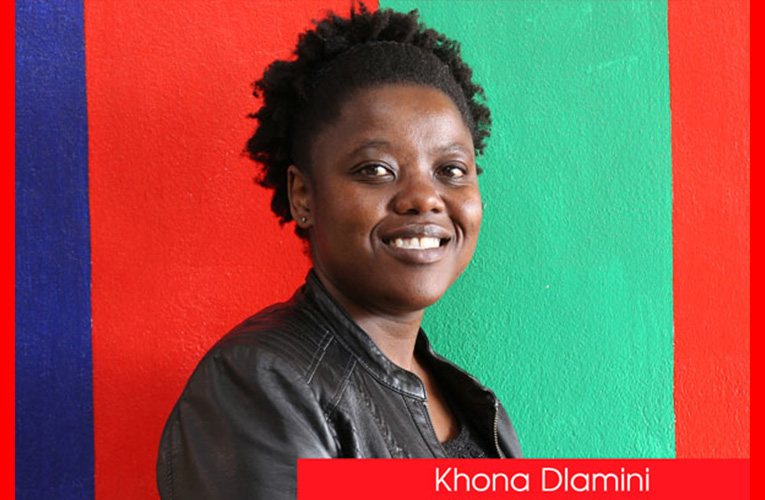Up Close and Personal with Khona Dlamini
Programmes Manager: at Market Photo Workshop
In Today’s edition of the series marking Women’s Month, focusing on women leaders at the Market Theatre Foundation, CITYLIFE/ARTS editor EDWARD TSUMELE (ET) speaks to KHONA DLAMINI (KD)), Programmes Manager at the Market Photo Workshop
ET: .Before you joined the Market Photo Workshop, you had a strong programming background in the art sector, such as working at BAT Centre among other organisations. How has that helped you to fit in at the MPW?
-KD: My previous experience in programming and project management within the arts has served me very well at the MPW. The work that I did at the Bat Centre and IkamvaYouth in particular, helped to prepare me for the challenges of working in talent development, which is how I see my role within MPW.
ET: .And when you joined MPW you were manager of the Photojournalism and Documentary Programme before moving up the ladder to your current position as Programmes Manager. As a woman other women would find inspiration in that. What would you comment?
KD: I think that the point of being in a given position is to grow as a professional, and to also add great value within the organisation and field in which you are involved. I think that it is important for young people within any organisation to make themselves indispensable and to show a hunger for knowledge and experience within whatever field they find themselves in. A sense of initiative and a curiosity about the world and people have served me very well within my career.
ET: You work in an environment which attracts young women who would like to follow a career in photography: Are there any differences between young men and young women with regards to chances of success in this field based on your experience at MPW. In other words does the field of photography pose different challenges for female and male young photographers?
KD: The experiences of all genders differ within photography based on the mode of photography that we are talking to. For instance, when I worked with the Photojournalism and Documentary Photography Programme, one of the issues that womxn students had to deal with was not being taken seriously when they were out on the field. They would go out on stories and in the process of speaking to men (specifically), they would find themselves being propositioned to by the men. With the young women whom I have had conversations about this with, this was often infuriating as they felt that they were not being taken seriously by these men. This is one instance that stands out to me on this matter.










